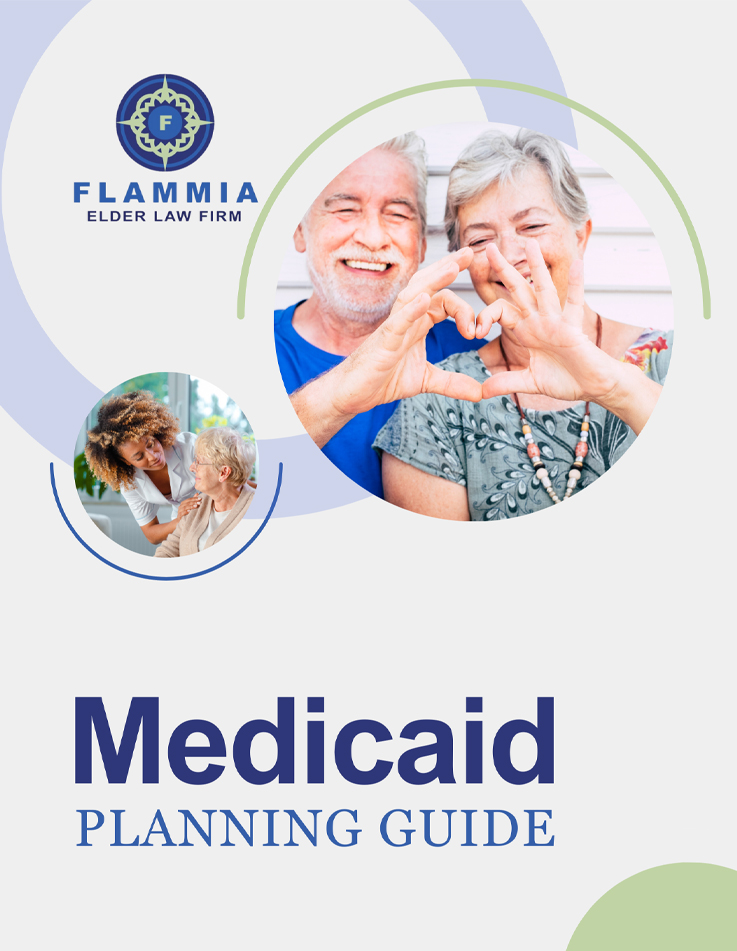To qualify for Medicaid in Florida, applicants must meet certain financial requirements that are based on income and asset limits. These requirements can vary depending on the specific Medicaid program and the applicant’s circumstances, such as whether they are applying for standard Medicaid, Medicaid for the Aged and Disabled, or Long-Term Care Medicaid. Here are the general guidelines:
- Income Limits: For an individual, the monthly income limit is often set at a level that is a percentage of the Federal Poverty Level (FPL). This amount can change yearly.
For married couples, the income limit is higher than for individuals, but it still depends on whether one or both are applying.
- Asset Limits: Medicaid also considers the applicant’s assets. The asset limit for an individual is typically set at a relatively low level (it may be around $2,000, but this can vary).
For married couples, the asset limit is higher, particularly when only one spouse is applying for Medicaid. There are special rules, like the Community Spouse Resource Allowance (CSRA), that allow the non-applicant spouse to retain a certain amount of the couple’s assets.
- Exemptions and Countable Assets: Certain assets are not counted towards the asset limit, such as the applicant’s primary home (up to a certain equity value), personal belongings, one vehicle, and certain types of burial funds.
Other assets, like bank accounts, stocks, additional properties, and certain types of trusts, are typically considered countable assets; however, our Medicaid planning utilizes strategies to convert countable assets to exempt assets.
- Five-Year Look-Back Period: Florida Medicaid has a five-year look-back period for asset transfers. This means any asset transfers made for less than fair market value within five years of applying for Medicaid can result in a penalty period, delaying eligibility.
It’s important to note that these guidelines are general, and the specific numbers can change annually. Additionally, Medicaid planning can be complex, and strategies like converting nonexempt assets to exempt assets or the use of certain types of trusts might be used to help meet eligibility requirements.
Due to the complexity and the potential for regulatory changes, it is often advisable to consult with a Medicaid planning attorney who specializes in elder law to get accurate and personalized advice. If you need assistance determining eligibility for Medicaid, we invite you to call our office to schedule a consultation. As experienced Medicaid planning lawyers, we can evaluate your income and assets and explain your legal options for seeking coverage.





















